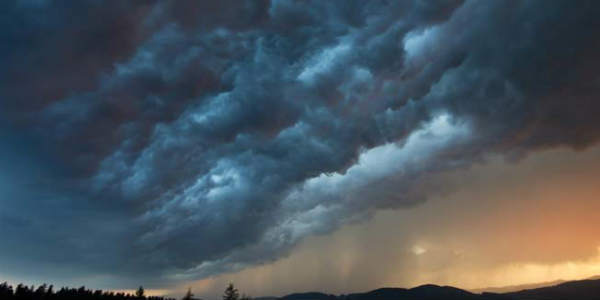
The all-time deadliest Indian Hailstorm has been identified by the United Nations weather agency which occurred on 30th April, 1888 in Moradabad, Uttar Pradesh. This was one of the deadliest storms as it killed 230 people and 1600 farm animals on this day in 1888. The hailstorms were as huge as the size of oranges and were to up to 2 feet in height at some places.
This storm that occurred on April 30, 1888, was more intense than usual and is now the talk of tale in India. The hailstorm was accompanied by squally winds that had upset many structures and homes in that area and nearby Bareilly region.
The World Meteorological Organization (WMO), Archive of Weather and Climate Extremes have extended its scope from temperature and weather records to address effects of specific weather events of India for the very first time.
WMO Secretary General, Petteri Taalas stated that “Extreme weather causes serious destruction and major loss of life. That is one of the reasons behind the WMO's efforts to improve early warnings of multiple hazards and impact-based forecasting and to learn lessons collected from historical disasters to prevent future ones.”
While the in-depth analysis by a World Meteorological Organization skilled committee accepted death records for five specific weather-related events, it did not address drought and floods, heatwaves or cold-waves.
Similarly, other record breaking weather events experts found that the highest death rate connected with extreme weather events was during a 1970 tropical cyclone in Bangladesh which was at the time East Pakistan. It killed approx. 300,000 people.
As organized by WMO and the UN office on Disaster Risk Reduction recorded the outcomes ahead of two major conferences on educating multi-hazard early warning systems and strengthening disaster risk reduction in Cancun, Mexico.
However, the experts stressed that overall death can also decline as a result of continuous improvement in related warning infrastructure and forecasting reports.
Image credit: Istockphoto
Any information taken from here should be credited to skymetweather.com


